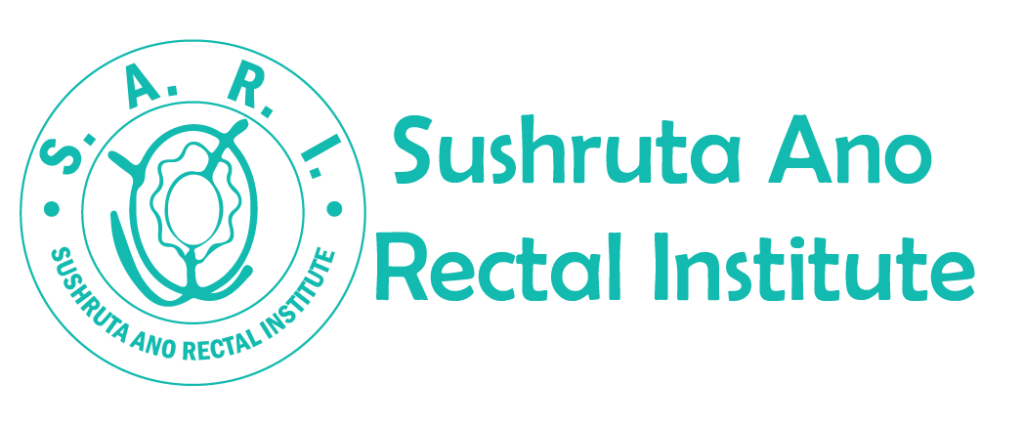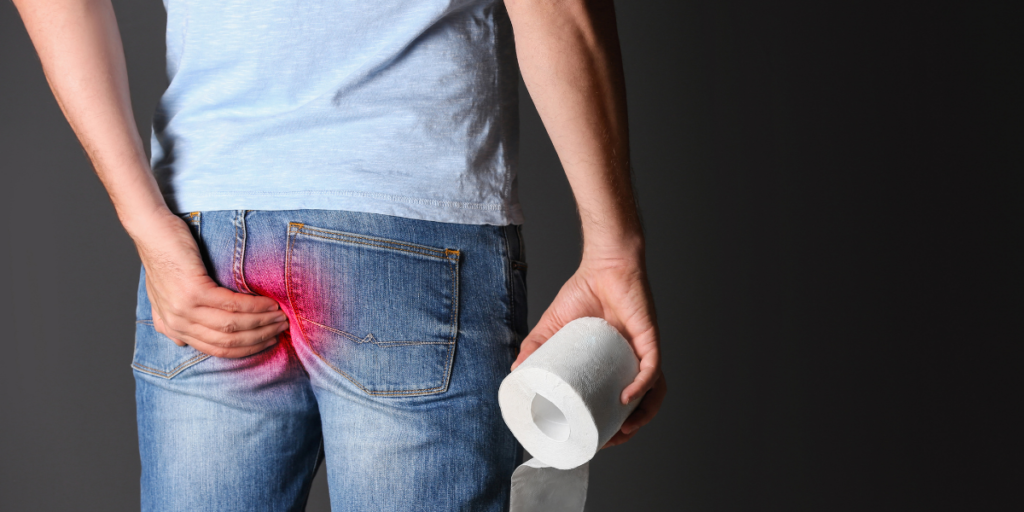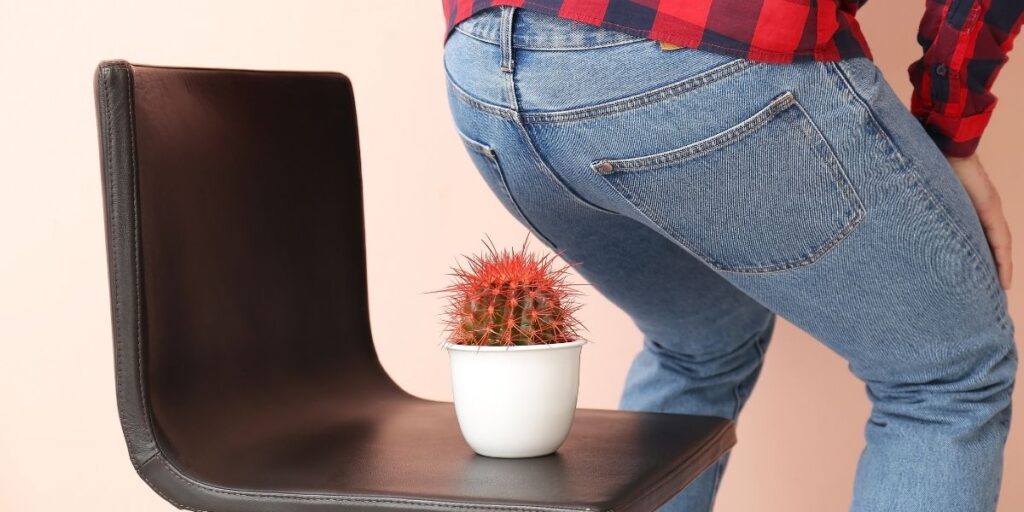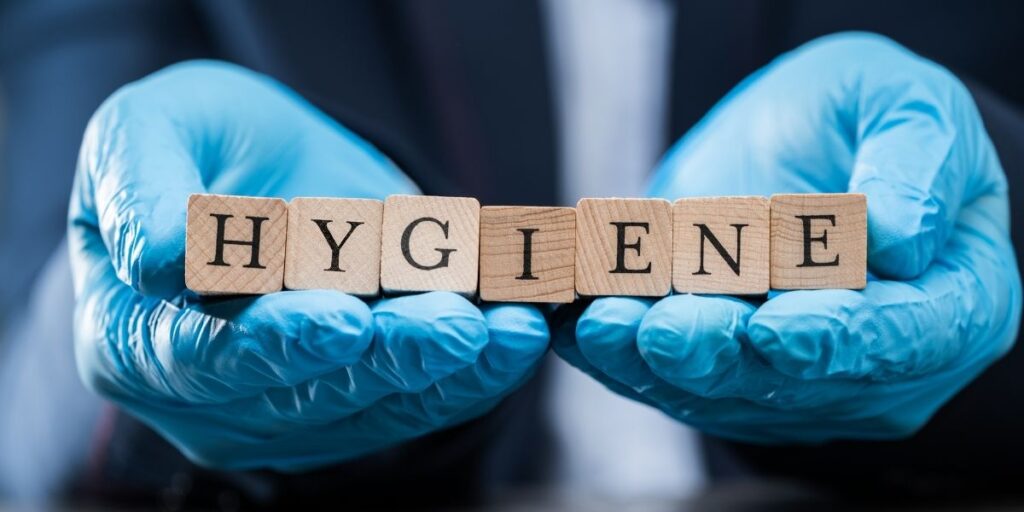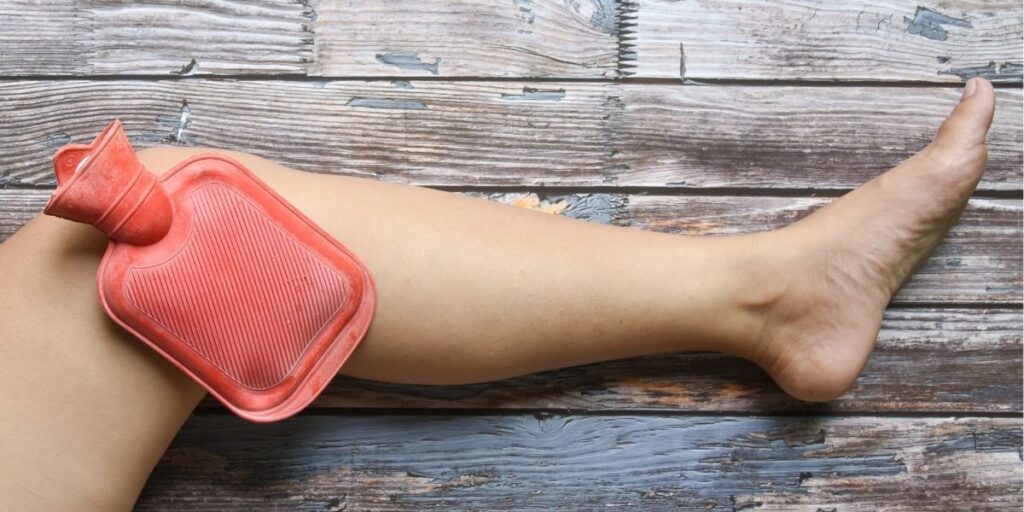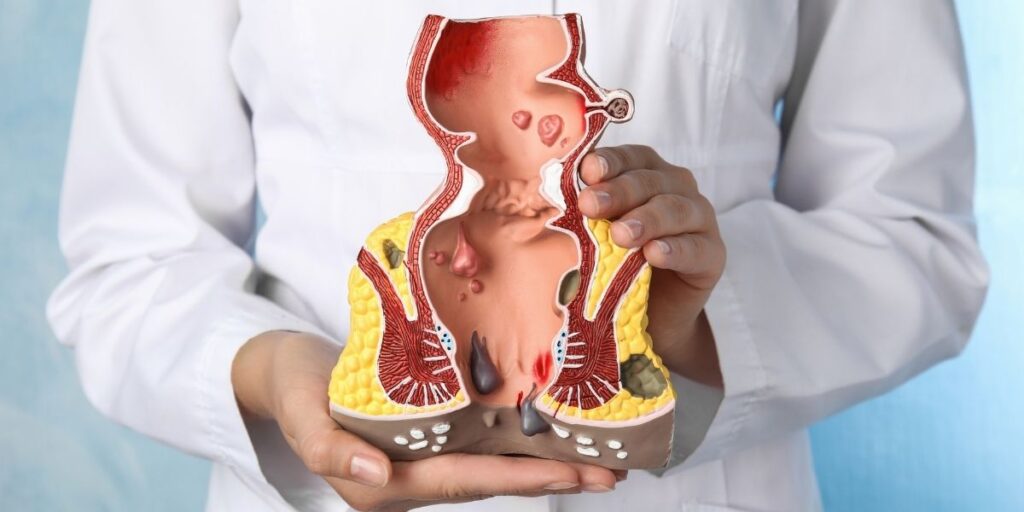How Do You Treat a Chronic Anal Fissure?
- August 23, 2024
Understanding Anal Fissure
Chronic anal fissures can be a significant source of discomfort and distress, impacting daily life and overall well-being. These persistent tears in the lining of the anus often cause ongoing pain, bleeding, and discomfort, making effective treatment essential. Understanding how to address a chronic anal fissure and seeking the right medical expertise can lead to successful management and relief. In this blog, we’ll explore various methods for treating chronic anal fissures, including home remedies, medical treatments, and the importance of consulting a fissure specialist.
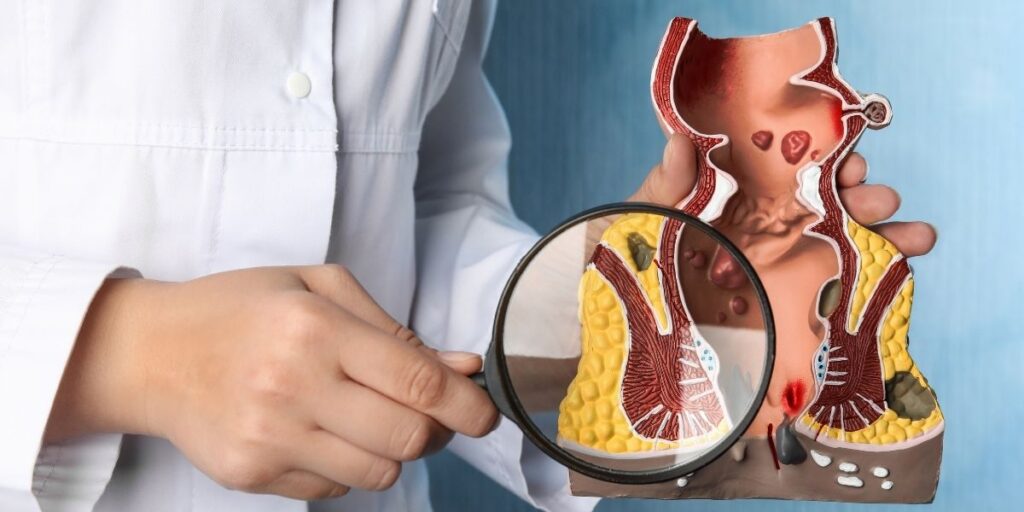
What Is a Chronic Anal Fissure?
A chronic anal fissure is a tear or crack in the lining of the anus that has persisted for more than eight weeks. Unlike acute fissures, which heal relatively quickly, chronic fissures are resistant to conventional treatments and often require more comprehensive approaches for anal fissure healing. These fissures can be caused by factors such as chronic constipation, frequent diarrhea, or trauma to the anal area.
Effective Treatments for Chronic Anal Fissures
1. Lifestyle and Dietary Changes
Addressing underlying factors contributing to chronic fissures is crucial. Incorporating dietary changes and lifestyle modifications can help manage symptoms and promote healing.
- Increase Fiber Intake: Eating a high-fiber diet helps to soften stools and prevent constipation, reducing strain during bowel movements. Include fruits, vegetables, whole grains, and legumes in your diet.
- Stay Hydrated: Drinking plenty of water is essential for maintaining hydrated stools and preventing constipation.
Exercise Regularly: Regular physical activity can improve bowel function and reduce the risk of constipation.
2. Home Remedies
Several home remedies can provide relief and support the healing of chronic anal fissures.
- Warm Sitz Baths: Soaking in a warm sitz bath for 15-20 minutes several times a day can help relax the anal muscles, alleviate pain, and promote blood flow to the area.
- Topical Treatments: Applying natural remedies such as coconut oil or aloe vera gel can soothe the affected area and reduce inflammation.
- Epsom Salt Baths: Adding Epsom salt to a warm bath can help reduce swelling and promote healing.
3. Medical Treatments
When home remedies and lifestyle changes are insufficient, medical treatments may be necessary.
- Topical Medications: Prescription creams or ointments, such as nitroglycerin or calcium channel blockers, can help relax the anal sphincter and reduce pain. These medications promote healing by increasing blood flow to the fissure.
- Botox Injections: Botox can be injected into the anal sphincter to reduce muscle spasms and promote healing. This treatment is often effective for chronic fissures that do not respond to other methods.
- Surgical Options: In severe cases, surgical interventions such as sphincterotomy may be required. This procedure involves making a small incision in the anal sphincter to relieve pressure and allow the fissure to heal.
4. Consulting a Fissure Specialist
For chronic anal fissures, consulting a specialized fissure doctor can provide targeted treatment and comprehensive care. The best fissure doctor in Delhi can offer a range of advanced treatment options tailored to your specific condition.
- Expert Assessment: A fissure specialist will conduct a thorough evaluation to determine the severity of the fissure and recommend appropriate treatments.
- Personalized Treatment Plan: Based on the evaluation, a fissure specialist will develop a personalized treatment plan that may include a combination of lifestyle changes, medications, and surgical options.
- Ongoing Care and Follow-Up: Regular follow-up appointments with a fissure specialist ensure that treatment is effective and allows for adjustments as needed.
Finding the Best Fissure Treatment in Delhi
If you are seeking the best fissure treatment in Delhi, look for a clinic or specialist with a proven track record in managing and treating chronic anal fissures. The best fissure treatment in Delhi combines medical expertise with a patient-centered approach, providing effective solutions for relief and healing.
- Dr. S.K. Singh at the Sushruta Ano-Rectal Institute: Renowned as a leading fissure specialist in Delhi, Dr. S.K. Singh offers advanced chronic fissure treatment and non-surgical options. His comprehensive approach ensures that patients receive the best possible care for managing chronic anal fissures.
How to Cure Chronic Fissure Permanently
Achieving a permanent cure for chronic fissures requires a combination of effective treatments and lifestyle adjustments. Here’s how to approach permanent healing:
- Address Underlying Causes: Managing factors such as chronic constipation or diarrhea is essential for preventing recurrence.
- Follow a Comprehensive Treatment Plan: Adhere to the prescribed treatment plan, including medications, lifestyle changes, and follow-up appointments.
- Seek Expert Care: Consult with a specialized fissure doctor to explore advanced treatment options and ensure that your condition is managed effectively.
Conclusion
Treating chronic anal fissures involves a multifaceted approach that includes lifestyle changes, home remedies, medical treatments, and expert care. By understanding how to address a chronic fissure and seeking the best fissure doctor in Delhi, you can achieve significant relief and promote healing. For personalized care and the most effective chronic fissure treatment, consider consulting Dr. S.K. Singh at the Sushruta Ano-Rectal Institute, renowned for his expertise in managing chronic fissures and providing the best fissure treatment in Delhi. With the right treatment strategy and expert guidance, you can work towards healing and improving your quality of life.
Read More: The Ultimate Guide for Pilonidal Sinus Treatment Without Surgery
